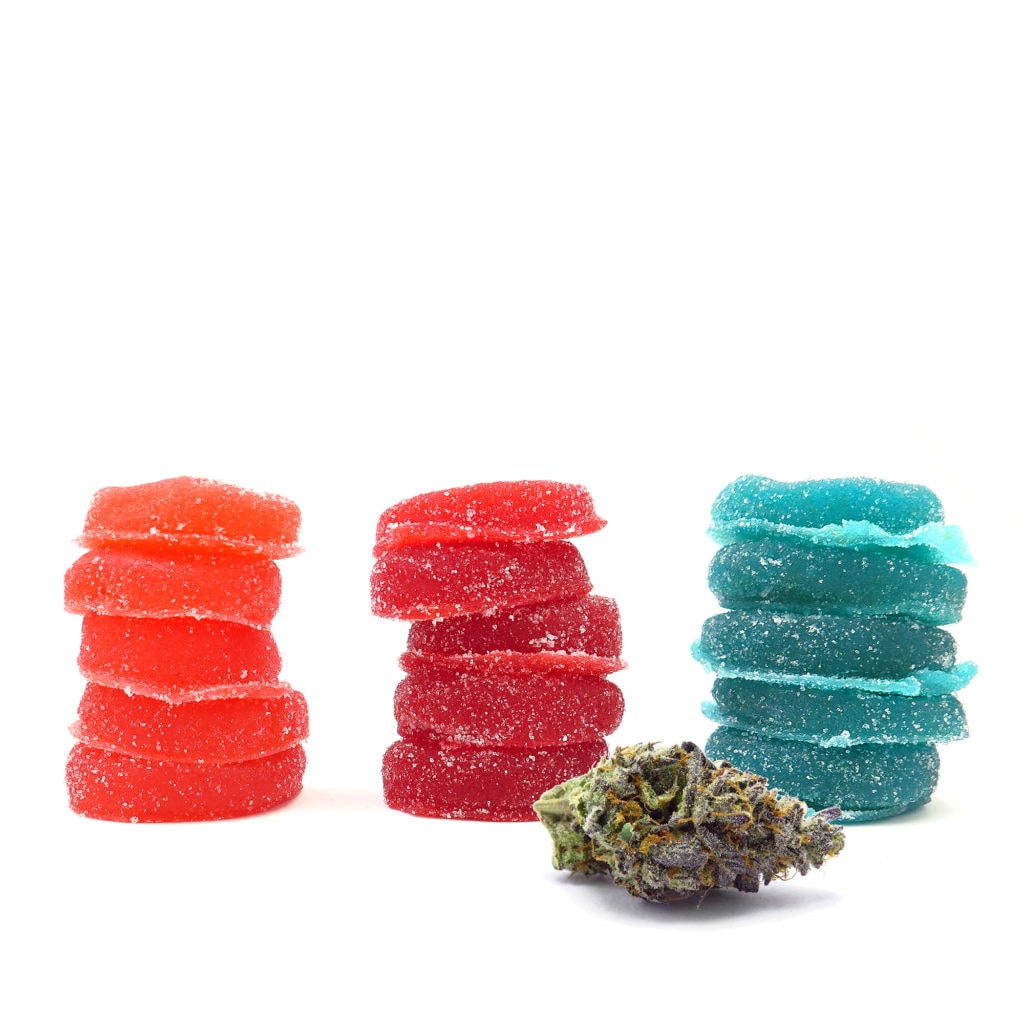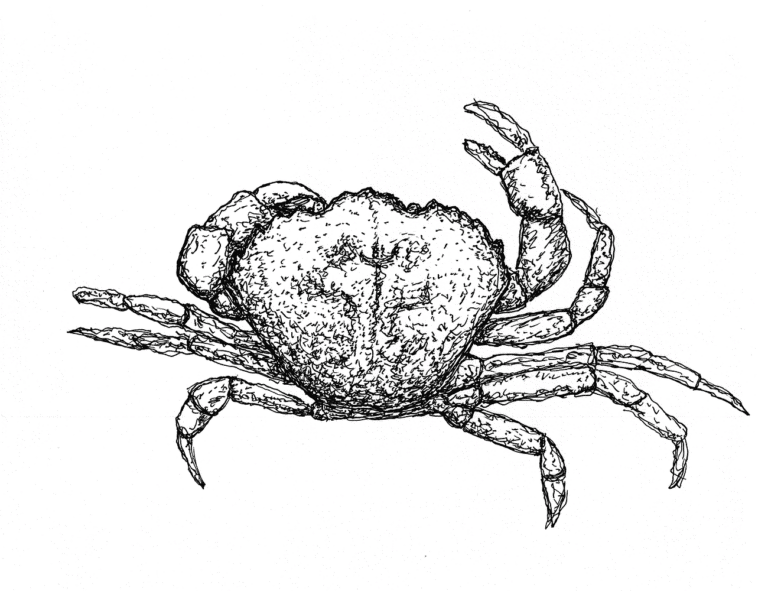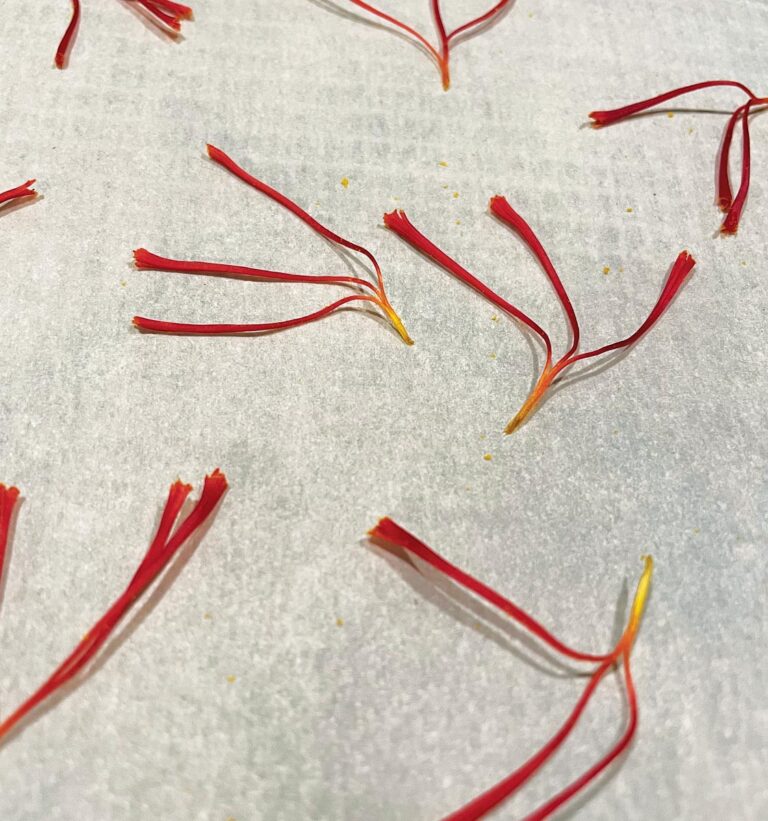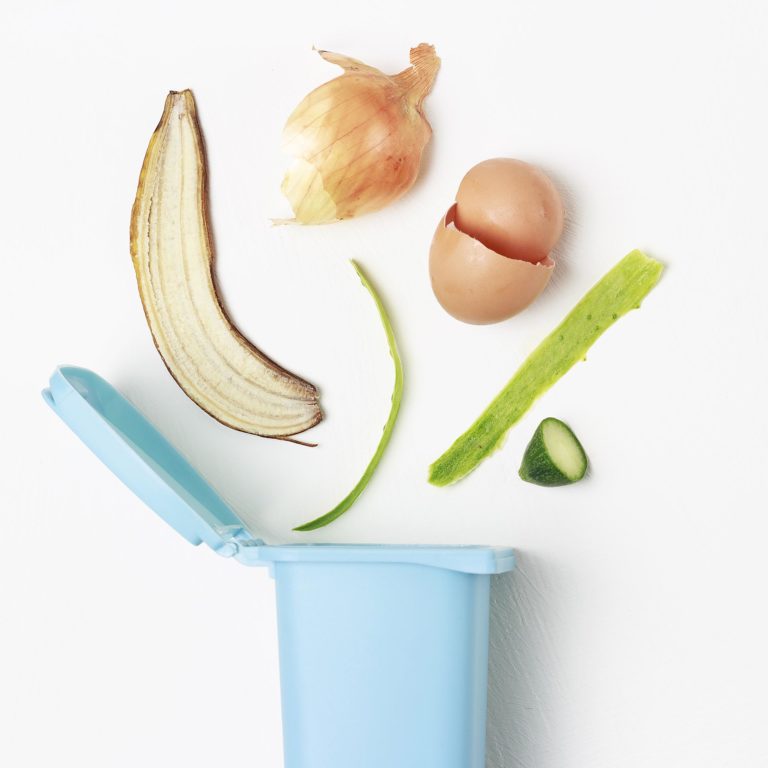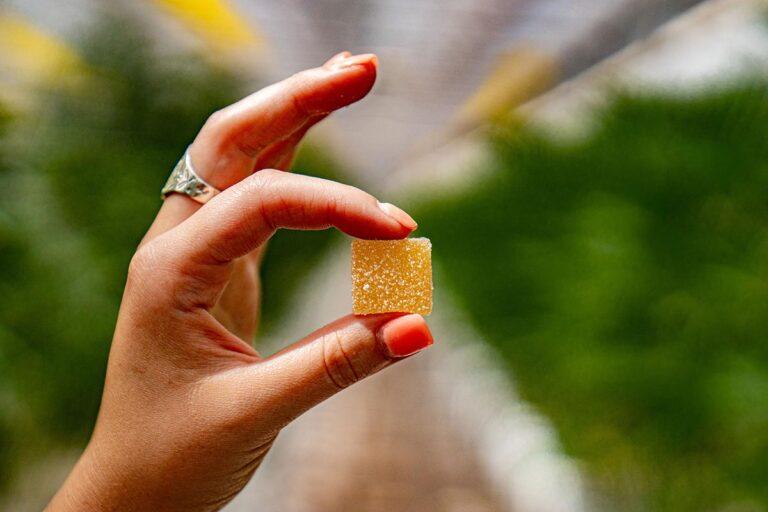Gummies have come a long way. First made in England in the 1860s, gum candy went on to be mass produced in Germany in 1920. During 90s, gummies became a primary carrier for the multivitamin market. Today, they comprise 80% of commercial cannabis edible products on the market in legal states.
Sweet Dirt, a Maine Organic Farmer and Gardeners Association Certified Clean Cannabis company based in Eliot with medical and adult-use dispensaries in Portland and Waterville, is the first company in the state to offer recreational THC gummies with supplements previously targeted for use in the health and wellness market.
Cannabis edibles are not marketed to a traditional “stoner” stereotype, says Rebecca Henry, Sweet Dirt’s vice president of marketing. “The new cannabis consumer is more likely to be an active foodie in their 40s or 50s looking for ways to improve sleep, bolster immunity, alleviate aches and pains, optimize workouts, and more,” says Henry.
Sweet Dirt’s new line of sugar-coated gummies is targeted at these new cannabis consumers. The lemon, tangerine, and strawberry gummies are made with real fruit juices and natural sweeteners, contain 5 mg THC each, and include additives the company says help bring about a calm state of mind. They’re sold in patented, child-resistant boxes containing 20 gummies for $30.
Lemon Lounger Gummies feature L-theanine (50 mg per gummy), a naturally occurring amino acid found in green tea that can relieve symptoms of anxiety. Tangerine Tango Gummies are infused with green tea extract antioxidants and B-12 (50 mg per gummy), a water-soluble vitamin that’s critical to the central nervous system and healthy red blood cell formation and can promote energy and endurance. Strawberry-flavored Crash Berry Gummies are infused with melatonin (1 mg per gummy), a naturally occurring hormone that helps control sleep cycles.
“Sweet Dirt, as a business, is about education, clean labeling, sustainability, and wellness,”
says Jessica Oliver, head of operations. In that vein, the company worked with a nutritionist to produce this line of low-dose THC products, giving customers the flexibility to integrate cannabis as part of a wellness regimen. Oliver says the company is working on a product with immune-boosting compounds for release later this year.
Other Maine-based weed companies are likely to follow Sweet Dirt’s lead. Creating products that promote health and wellness is a main interest for Joey Stacey, senior kitchen assistant at SeaWeed Co. in Portland. She is working with tulsi (a member of the mint family packed with immune-modulating phytochemicals) and roselle hibiscus (a flower with a tangy taste and vitamin C).
“Many anti-inflammatory and sleep-promoting plants would be a great paired with cannabis,” she says. “I’d love to see the industry incorporate more local and medicinal ingredients that pay homage to our rich history with native plants being used as both food and medicine.”


